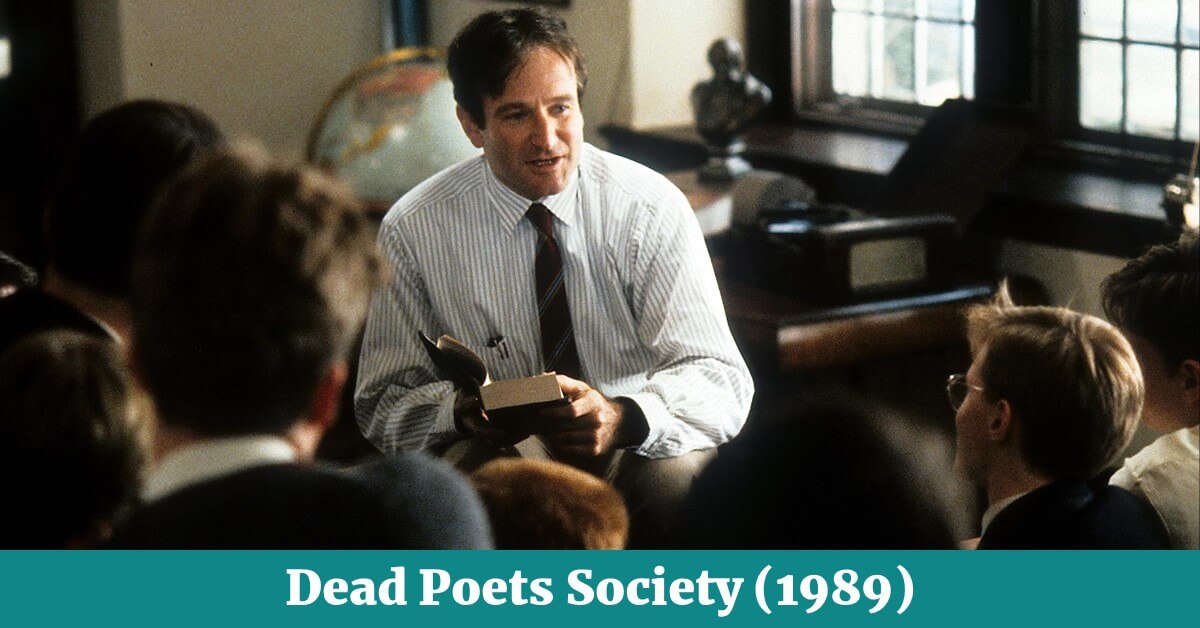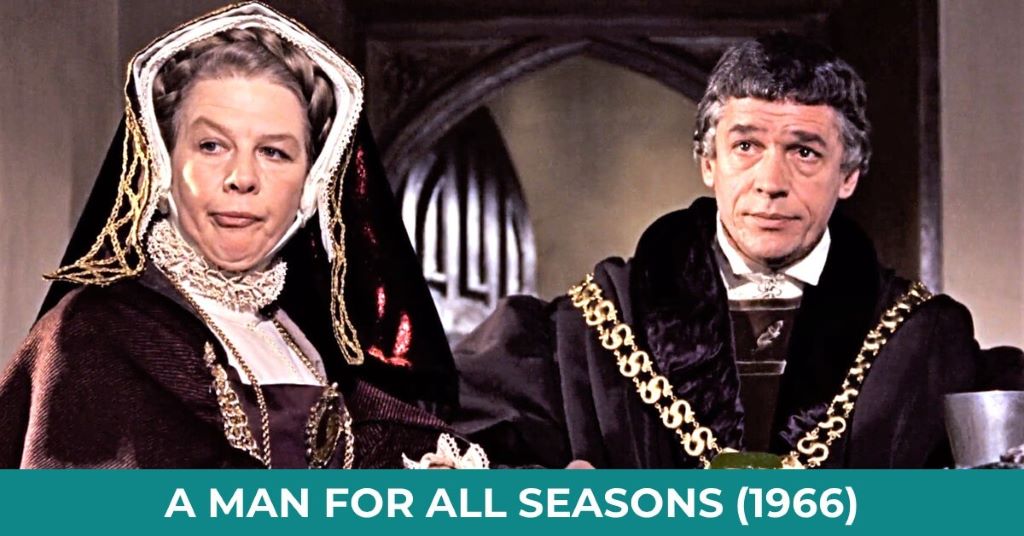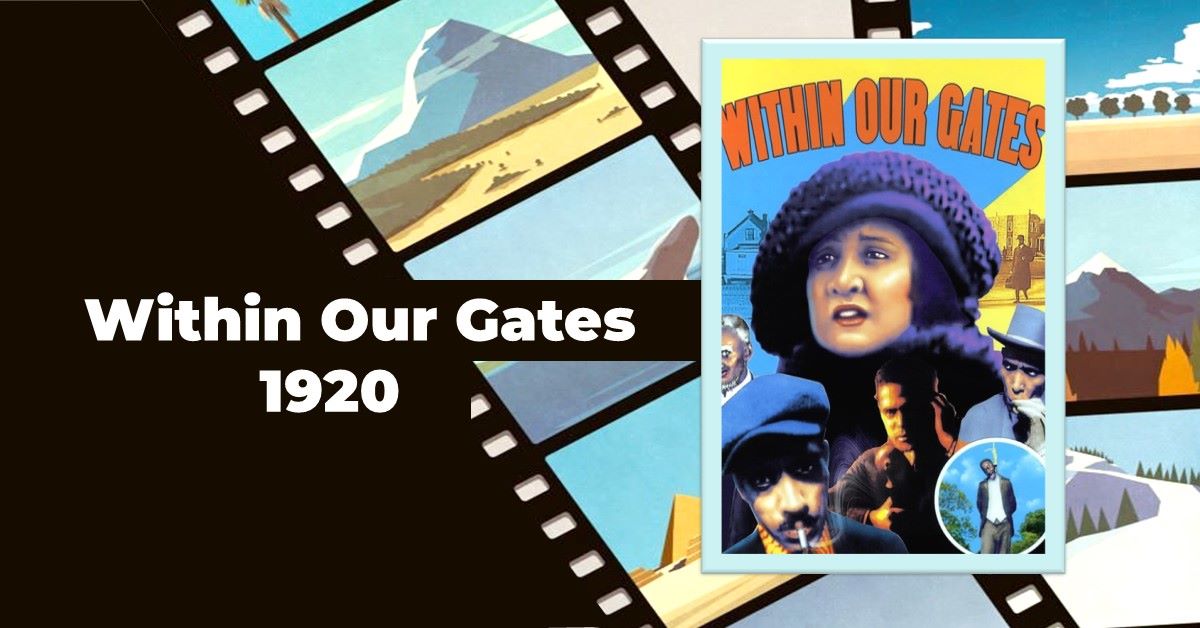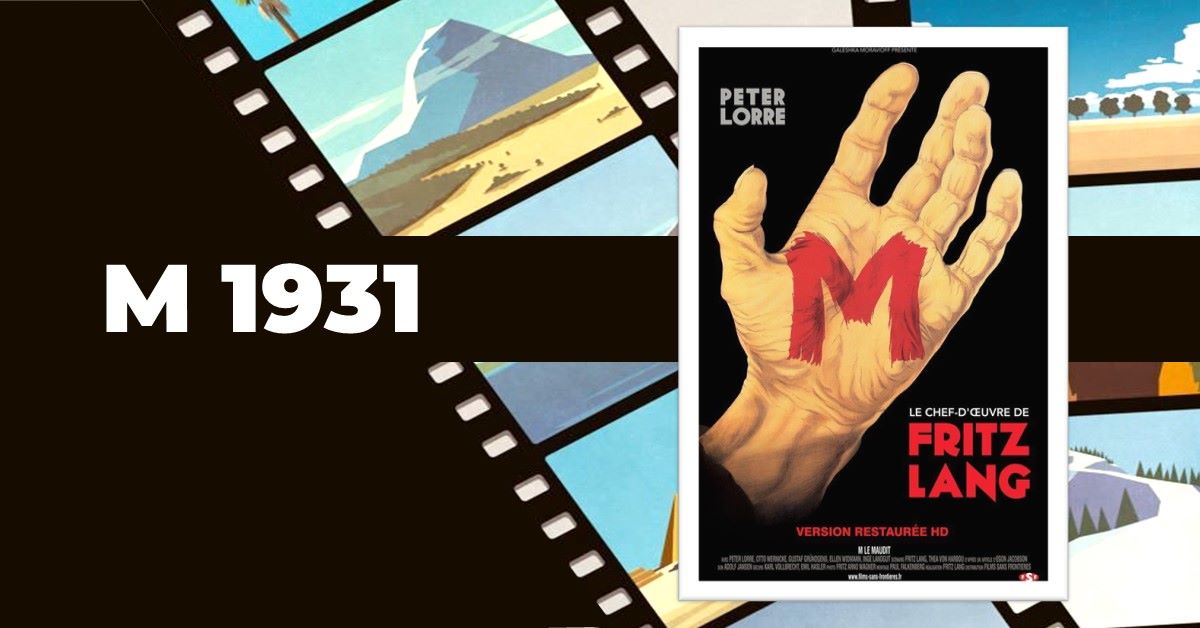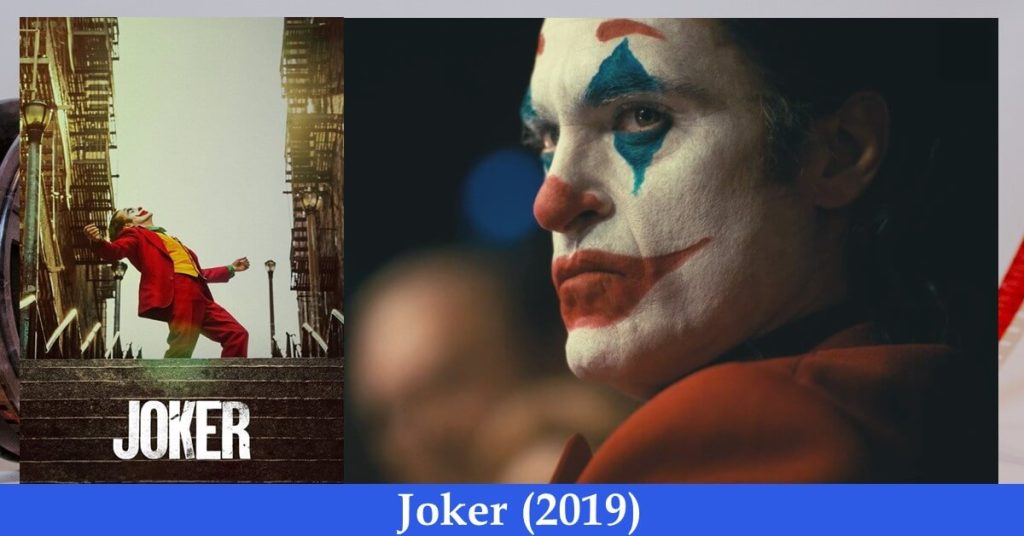Last updated on June 27th, 2024 at 01:33 pm
Dead Poets Society 1989 by Robin Williams is a story about an English teacher of Welton Academy and one, Neil, of its students who committed suicide because he could not pursue his passion for acting because of his parents’ disagreement.
Neil, who always wanted to be an actor was greatly motivated by his new teacher John Keating who thought them to find their voices and not to resign to conformity. But the administration and many parents deplored his unorthodox method of teaching. After Neil’s death, the administration fired John Keating.
Some likely think that the Dead Poets Society was actually based on the life of celebrated poet John Keats who organised the club when he was at Welton Academy. However, his students were so motivated by his teaching that they reorganised the club and met secretly and recited poems.
They were able to discover themselves and their passions and acted accordingly. The film is significant in another way it was acted by a celebrated and iconic person, Robin Williams.
When in 2014, Robin Williams committed suicide, the world was utterly shocked and his Dead Poets Society became a much-talked-about film. Having everything to live on did not guarantee his peace of mind, it did not help remove loneliness from his life. But Dead Poets Society is the kind of film for which he will be remembered. It is one of the top 100 best films that I have watched and reviewed.
Storyline:
Dead Poets Society
Todd Anderson began his junior year of high school at Welton Academy Preparatory School in Vermont, in 1959. The all-male Welton was sarcastically known as Hell-ton. Todd Anderson and Neil Perry stayed in one room.
Other students such as Knox Overstreet, Richard Cameron, Steven Meeks, Gerard Pitts, and Charlie Dalton came to their room to be introduced to him on the very first day.
Neil’s father found out that Neil was spending time on the school annual, so he came to his room to tell him that he should drop the annual, to Neil’s surprise, though he was the assistant editor. His father sternly made it clear that Neil must listen to him undisputedly until he fishes his medical school.
The next day the boys were surprised by the unconventional, unorthodox teaching method of their English teacher, Mr John Keating. He came in whistling to the class and took the boys to a broad hall room.
Then he asked them if they had any idea about who wrote, “O Captain My Caption”. As none could answer he told them that it was from a poem by Walt Whitman about Mr Abraham Lincoln.
He then told Gerard Pitts to open their textbook and read out loud the first stanza of “To the Virgins to Make Much of Time” As Pitts had finished, “Gather ye rosebuds while ye may. Old Time is still flying. And this same flower that smiles today tomorrow will be dying”, Keating explained that “Gather ye rosebuds while ye may” can be surmised in the Latin expression, “Carpe diem”, meaning “seize the day”.
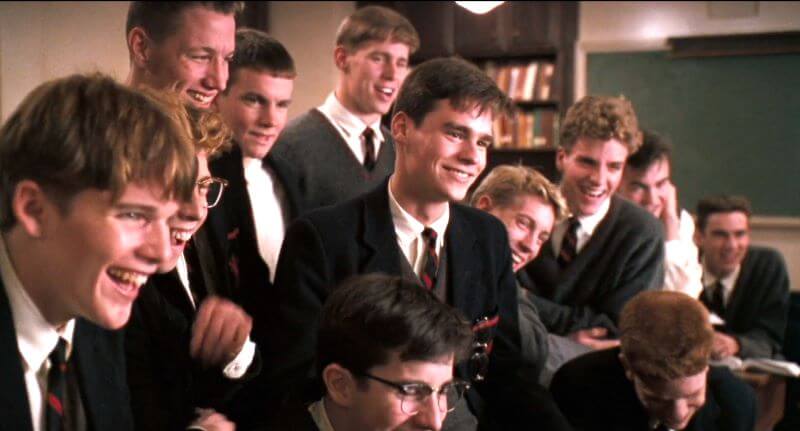
Keating explained why the writer wrote the lines, he said, “because we are food for worms … … believe it or not each and every one of us in this room…is one day going to stop breathing turn cold and die.”
Then he told them to really look at the faces of former students hanging on the wall. Asked them if they can hear the word “Carpe diem”. While they leaned Keating whispered, “Carpe diem, make your life extraordinary”.
The next day, Mr Keating, during literature class asked Neil to read out the preface of ‘Understand Poetry’ by Dr J. Evans Pritchard Ph.D. Keating said he disagreed with Evans Pritchard’s way of measuring the greatness of poetry by “Importance” and “Perfections”, through mathematical formulas using horizontal and vertical graphs. He wondered how can we can explain poetry like American Bandstand.
He then ordered them to rip out the entire page with the preface. One by one all ripped the page out and threw them into the basket Mr Keating arranged. His stand was that in his class they must learn to think for themselves. Learn to savour words and language.
Then he huddled them around and expounded, ” We don’t read and write poetry because it’s cute. We read and write poetry because we are members of the human race. And the human race is filled with passion. Medicine, law business, engineering: these are noble pursuits and necessary to sustain life. “
“But poetry beauty romance love- -these are what we stay alive for. To quote Whitman.: “O me O life of the questions of these recurring. “Of the endless trains of the faithless. “Of cities filled with the foolish. “What good amid these O me O life? “Answer: That you are here. “That life exists and identity. “That the powerful play goes on and you may contribute a verse.” “That the powerful play goes on and you may contribute a verse. ” What would your verse be?
However, the other conventional teachers found his method misguided. McAllister, a colleague of his, laughed when Mr Keating retorted that he was just teaching them to be free thinkers. Neil one day found an old annual from where he learnt that Mr Keating was a member of the Dead Poets Society while he was at Welton Academy.
The boys one day approached him to know the Dead Poets Society. He said that The Dead Poets of the society were dedicated ‘to sucking the marrow out of life’, they would gather in the old Indian cave to recite from Thoreau Whitman Shelley. But he warned them that the administration would not take Dead Poets Society favourably.
Neil wanted to go to the cave and told others that they were going to the cave that night. Stealthily they reached the cave and recited from the Five Centuries of Verses. Making Neil himself the head, they reorganised the Dead Poets Society and kept it secret.
Another day during class Mr Keating stood on his desk to demonstrate the point to ‘remind himself to look at things in a different way’. He then invited them all to try. He reasoned to them that “Just when you think you know something you have to look at it in another way. Even though it may seem silly or wrong.”
He implored them that they ‘must strive to find their own voice. Because the longer they wait to begin the less likely they are to find it at all.’ He gave them the assignment of writing poetry by themselves. On the day of the assignment presentation, Mr Keating was told that Todd did not do anything, because Mr Keating thinks, ‘everything inside of him is worthless and embarrassing”.
So, Mr Keating helped him gain self-confidence about himself in front of others. He taught the shay and introvert Todd to come out of his shell and made him realise his own potential by taking him through the exercise of self-expression which ultimately resulted in a lovely poem from his mouth.
Neil found out that Midsummer Night’s Dream of Shakespeare was going to be played at Henley Hall. He was happy that he got a role in the play as Puck because he always wanted to be an actor despite his father’s will for him to attend Harvard to study medicine. Keating’s lessons to live life on their own terms gave Knox the courage to pursue an attractive cheerleader girl, Chris Noel, who was engaged to a football player from the local school.
As the year was nearing its end, one day Mr Keating thought the boys to find their own selves, find their own walk, their own way of striding pacing any direction, to swim against the stream. The danger of conformity.
During their meeting in the cave, Charles Dalton brought two girls in. The girls had asked the boys if they missed girls at school. He announced that he published an article in school paper under the Dead Poets Society demanding to the authority that girls should be admitted to Welton.
He thought the authorities would not find out who wrote the article. The article was unauthorised. As a result, the enraged head of the institution, Dr. Nolan, demanded the boys about the writer of the article. Then Dr. Nolan took Charles to his office and punished him corporeally harshly and demanded to know about the Dead Poets Society and its members. But he did not reveal anything.
Mr Keating was summoned to Nolan’s office to be advised and warned for his unorthodox method of teething. Afterwards, Keating reprimanded the boys saying that “Sucking the marrow out of life” doesn’t mean “choking on the bone.” There is a time for daring and there is a time for caution. And a wise man understands which is called for.”
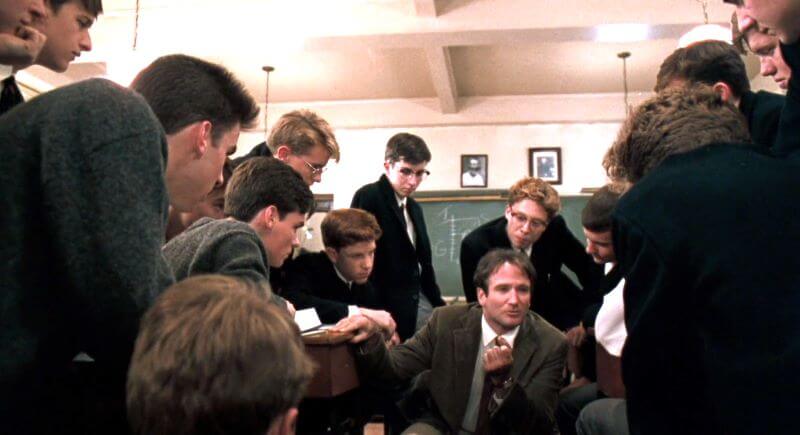
To Neil’s shock, his father came to the campus discovering his involvement in the play. He abusively demanded that Neil must quit the role in the play. When Neil went to meet Keating for advice, he said he must show his father who really, he was, and what he liked.
That he is not an indentured servant, and prove it to him what he really wants by conviction and passion. Neil felt he was trapped between his passion and his parent’s wishes, and his obligation to them.
While the play was underway, Neil’s father, who was meant to be in Chicago, unexpectedly showed up in at the performance. He was greatly accolated for his gift of acting. but his father approached him angrily and took him home. He was told that he was going to be withdrawn from Welton Academy and be enrolled in Braden Military School.
Utterly devastated to see his dream of acting shattered, and unable to explain his love of acting, he decided to commit suicide. That night his father suddenly woke up to a sound. He discovered Neil killed himself with his pistol. His death was a great tragedy to his classmates and Keating
But Nolan said he will make a thorough inquiry into Neil’s dad at Neil’s parents’ request. Cameron disclosed about the Dead Poets Society for the fear of being expelled. Cameron said the administration thinks they are the victims, he blamed Keating for Neil’s death. He thinks Mr Keating was responsible for putting matters like freethinking, arts, acting and poetry in their heads.
He rather requested other members of the Dead Poets Society to cooperate with the administration to make Mr Keating a scapegoat for the incident instead of ruining their lives. Todd thought it was not Keating for whom Neil was dead. Cameron said they cannot save Keating but they can save themselves by lying.
While Charles was expelled for punching Cameron, the rest of the members of the Dead Poets Society were taken to Nolan’s office to have them sign the statement that contains the allegation that Mr Keating as a teacher abused his power to mentally disturb them, helped Neil enjoin the play against his father’s wishes, inspired them to organise the Society and to use it as a source of inspiration of reckless and self-indulgent behaviour, which were untrue. Todd was unwilling to sign by pressure from his parent compelled. Keating was fired from Welton.
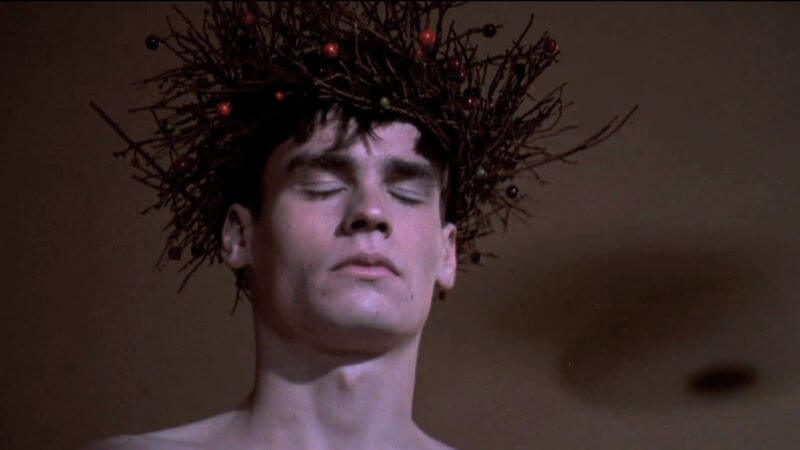
But when Nolan took over his class and taking literature class, Mr Keating interrupted him in his coming in to collect his personals. When he was about to leave the room Todd cried out that Dr Nolan forced him to sign the paper against his will, Nolan threatened him to expel if he does not keep quiet.
Suddenly Todd stood up on his desk and cried out, ‘O Captain! My Captain”, and refused to sit down at Nolan’s command. Seeing Todd, the other members of the Dead Poets Society (not Cameron) and several others followed Todd. With teary eyes, Keating said, “Thank you boys” and left.
Personal insights
To leave any opinion on the Dead Poets Society I have a lot to lay down. First of I must admit that the space of a teacher is becoming smaller and the scope of teaching becoming limited every day, which is precisely what John Keating experienced in the film.
Many schools are desirable because of their tradition, and discipline just as some parents who cannot imagine beyond tradition and discipline. They tend to think that institutions with orthodox teaching methods are the institutions that help their children’s future in a traditional way without having them worried.
On the other hand, the teachers with broader and libertarian views are subjected to vilification by the traditionally conformed teachers and institutes. They are criminalised when helping their students find their own voice, own passions and way of living life that they can freely choose, instead of being forced by parents, and society.
Victor Frankl said a man is confused about what he should do, “he either wishes to do what other people do (conformism), or he does what other people wish him to do (totalitarianism)’.
Most of the time institutions like Welton Academy teach what parents expect from them—preparing their children for college, to be doctors, engineers and successful moneymaking machines. And students have to comply with their parent’s wishes, society’s demands, and peer pressure. They have to do what other people are doing in order to be accepted by society or their parents.
And parents want them to be successful so they take pride in it, busk in the glory, and feel worthwhile of spending and hard work they put into their life. Children’s success has to do with parents’ pride among their peers and in a society that promotes nothing but consumeristic success.
Parents usually decide what their children will do or will become in the future, the way Mr Tom Perry expected Neil Perry to become a Harvard graduate and a doctor, no matter how lifeless, valueless or unexpected to Neil. Many students are victims of parental decisions. Keating wisely quoted Thoreau “Most men lead lives of quiet desperation” to become something else, but they are trapped in their footings.
Teachers who teach out of orthodoxy find themselves to be emeries of the conventional and established system. We can consider the case of Bangladesh. A science teacher was jailed for teaching Revolutionism in the classroom. A lesson that hurt the established religious sentiment. Our system wants us to be all alike, except our obedience to aged-old defunct rotten traditions making our horizon of thinking limited.
It is absurd to think that a doctor’s son had to be a doctor, or equally absurd that a doctor forces his son to be a doctor. John Keating was right to say, “Medicine, law business, engineering: these are noble pursuits and necessary to sustain life. But poetry beauty romance love- -these are what we stay alive for.” The world needs literature, poetry, and arts to fill our hearts with love and passion. Ignoring arts is to ignore humanity’s very existence.
John Keating had to become a scapegoat because he taught his students how to think by themselves, not to resign to what other people, to be different, not be afraid of different, to identify their own passion and vocation for life, to be confident, to use the opportunity to its best and bring out the best from us. Keating right believed that “the idea of education was to learn to think for ourselves.”
Traditional people are afraid of young people’s dreams. McAllister considered freethinking is a foolish dream to be fettered, but Keating argued that “But only in their dreams can men be truly free. ‘Twas always thus and always thus will be.”
Keating realised that people are afraid to discover new by breaking the boundaries of orthodoxy. I love what Keating said about finding what is not known. He quoted Robert Frost to say “Two roads diverged in the wood and I, I took the one less travelled by. And that has made all the difference.”
The way we expect our acceptance is the obstacle. We dare not talk against the convention fearing we might lose our acceptance by the mess. The mess, our parents being parts, decide our values, the value of vocation, profession and passion, no matter how ignorant they are we please them to keep ourselves or our way of living undisturbed.
But we must not keep that going, to Keating’s words “….we all have a great need for acceptance. But you must trust that your beliefs are unique to your own. Even though others may think them odd or unpopular.”
Overview
The teacher (Robin Williams) encourages the boys to overcome inhibitions and pursue their aspirations and creative instinct. The counter-reaction is strong, and the eventual outcome tragic; though at the end it seems that the departing teacher may have left some lasting mark on his students.
There are echoes of earlier films by the same director: in Picnic at Hanging Rock, schoolgirls from a straight-laced Victorian school were seduced by wilder thoughts and places, much like the cave where these schoolboys hold the meetings of their secret Dead Poets Society. Gallipoli portrayed a comparable group of youngsters, discovering their place in a violently changing world.
Here he suggests the thrill of discovering creative imagination, even while portraying his characters as no less clumsy and crass than schoolboys everywhere. He handles an ensemble of young players with great skill; and has sensitive and charming actors in Robert Sean Leonard and Ethan Hawke.
The interplay between the blundering boys and the manic intelligence of Robin Williams is often fascinating. Only the drawing of the other grown-up characters—the school staff and the parents—seems sometimes two-dimensional both in the writing and playing. Working with his preferred cinematographer John Seale, Weir (though actually filming in Delaware) evokes the beauty of the Vermont autumn and winter of 30 years ago.
Conclusion
I cannot properly put how much I am influenced by the Dead Poets Society. Habitually I tend to think that a film that does not teach me or does have entertaining value is not to be considered a great film or does not worth my precious time. I would watch a film just for the sake of watching and gather nothing from it.
Dead Poets Society tells us to rethink of the way the purpose of our education is being considered, the way our educational institutes provide education and the way the guardians treat their children regarding their future with education. Dead Poets Society is impressive in that sense.
